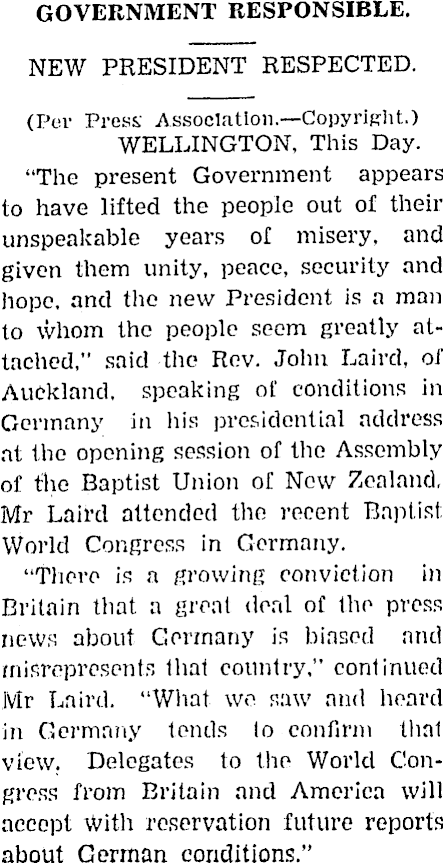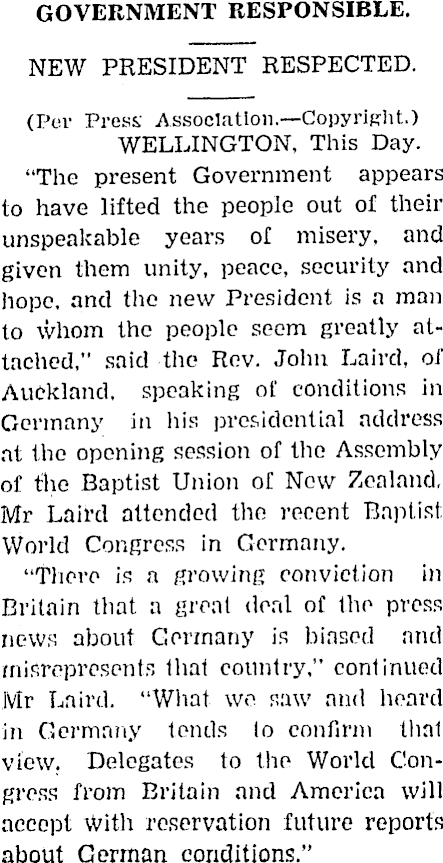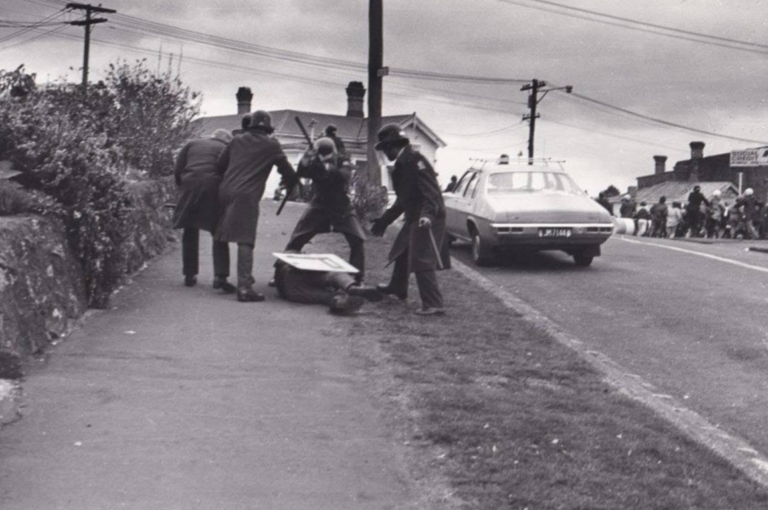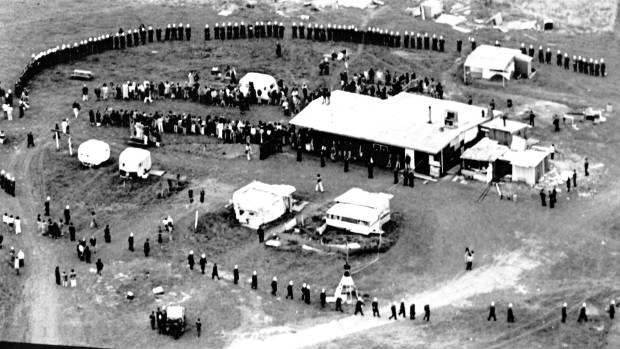
1/28 I got bogged down listing the best books I read in 2021, so I'm going to skip to the top of my list & tweet at length about a couple of tomes I think everyone should read. The Dawn of Everything was arguably the most important book published in '21. 

2/28 Dave Graeber was a radical anthropologist & a founder of the Occupy movement. He died suddenly & prematurely in 2020. The Dawn of Everything is the book he worked on for a decade with David Wengrow, & finished just before his death. It is subtitled A New History of Humanity. 

3/28 Guided by recent scholarship & by his anarchist instincts, Graeber argues that standard grand narratives of human history are false. He resists the Rousseauan idea that hunter gatherer societies were always paradises & that the arrival of agriculture always brought misery. 

4/28 Graeber also rejects the Hobbesian idea, pushed today by establishment thinkers like Stephen Pinker, that humans are inherently violent, & that only the establishment of the state & the cultivation of self-control has stabilised societies. 

5/28 Graeber tries to show how hunter gatherer societies could be hierarchical or non-hierarchical, peaceful or violent, & he argues that some early agricultural societies, & some ancient cities, lacked hierarchy and oppressive institutions.
6/28 This is an ancient city of the Indus civilisation. Despite a century of excavation, archaeologists have not found a single Indus fort, weapon, or palace. Agriculture does not appear to have brought social stratification & political oppression to the Indus world. 

7/28 Graeber questions historical materialism, which is associated with the Marxist tradition but also with many non-Marxist thinkers, like the environmental determinists influential in Pacific studies.
8/28 Marxists have tended to argue that the 'superstructure' of a society - its ideas, culture, & political & legal institutions - is determined, or at least heavily influenced, by its economic base. Understand a society's mode of production & the rest follows. 

9/28 Environmental determinists have tended to argue that a society's superstructure is determined by the nature of the terrain it covers, the climate it experiences, & its geographical location. 

10/28 Graeber thinks that, to understand the shape societies took & the ways they changed, we have to foreground human agency & political choices. He sees history as a succession of social & political experiments by humans.
11/28 Both Marxists & environmental determinists have produced some superb scholarship. I don't think Graeber is arguing that their methods are without value. I think he is against turning those methods into dogmas. 

12/28 Graeber points to new research that shows that hunter gatherers sometimes built monuments & even towns. This is Gobekli Tepe in Turkey. It is 6,000 years older than Stonehenge. It was built by hunter gatherers. 

13/28 & Graeber seeks to further undermine historical materialism by showing how societies existing in the same environments developed very differently from each other.
14/28 Graeber makes very little reference to the Pacific, but some of the best scholarship from our region supports his arguments. For example, Tim Denham is an Aussie archaeologist who has researched highlands New Guinea agriculture. 

15/28 Denham's shown that Papuans had agriculture as early as the Sumerians and Egyptians, & that they constructed a vast irrigation network. But a hierarchical society didn't develop in Papua - there were no proto-states, no pharaohs. 

16/28 Despite its monumental scale, Papua's irrigation network was not constructed under the supervision of any central authority. Individual villages negotiated with one another & organised work on canals & ponds. 

17/28 Denham wrote a critique of that classic of enviro-geographical determinism, Jared Diamond's Guns, Germs, and Steel, where he pointed out that the Papuans had agriculture but didn't follow the path of Sumerians & Egyptians. Papuans chose not to develop 'civilisation'. 

18/28 Graeber's point about very different superstructures arising from the same material bases could be made with reference to NZ history. The Kai Tahu of Murihiku & the Moriori of Rekohu were both hunter gatherer peoples in cold climates, but they made different societies. 

19/28 Kai Tahu had a hierarchical, chief-led society. Various parts of the iwi brought tribute they had hunted & gathered to rangatira who lived on Ruapuke Island in Fouveaux Strait. By contrast, Moriori created a radically egalitarian society. They had no chiefs. 

20/28 What we see, when we look at the Pacific, is a bewildering range of social structures and cultures. & in the case of Polynesia, we can say that all this diversity was created by the descendants of a fairly small and homogenous founding group.
21/28 Patrick Kirch is the dominant figure in Pacific archaeology. Kirch acknowledges the diversity of the Pacific, but in his key books - The Evolution of the Polynesian Chiefdoms & The Road of Winds - he tries to make sense of it by creating a schema based on enviro determinism 



22/28 Kirch tries to explain the differences in societies & their evolution with reference to the depletion of resources. Islands got chewed up, changes like revolutions & decentralisation occurred when resources ran low, & new voyages of discovery were made.
23/28 Kirch's argument is lucid, but it has been badly damaged by recent revisions of the first settlement dates for many islands. The new dates suggest Eastern Polynesia was settled later & faster than previously thought. 

24/28 Kirch's argument is further undermined by research that shows some Polynesians were able, thru careful environmental stewardship, to survive for long periods on very small islands. Tikopia is less than 3 sq km, yet forest farming sustained its people for many centuries. 

25/28 The new dates suggest there would have been no time for settlers to chew up one island before moving on to another. Graeber would obviously reject Kirch's schema, & seek to explain the diversity of Polynesia with reference to human agency and politics.
26/28 Graeber would argue that we have to look to political choices & political experiments to understand the many different forms that Polynesian societies took. With the problems of environmental determinism, Pacific Studies is ready for Graeber's ideas.
27/28 I have focused only on a couple of the main arguments of The Dawn of Everything. There is much else in the book that deserves discussion. My friend @ZarahnSouthon has been reading it, & has been tweeting about its revision of the history of Enlightenment.
28/28 Graeber & Wengrow argue that, far from being a European invention, the Enlightenment was greatly influenced by indigenous thinkers who came into contact with colonialism - thinkers like the Huron chief Kandiaronk. 

• • •
Missing some Tweet in this thread? You can try to
force a refresh


















